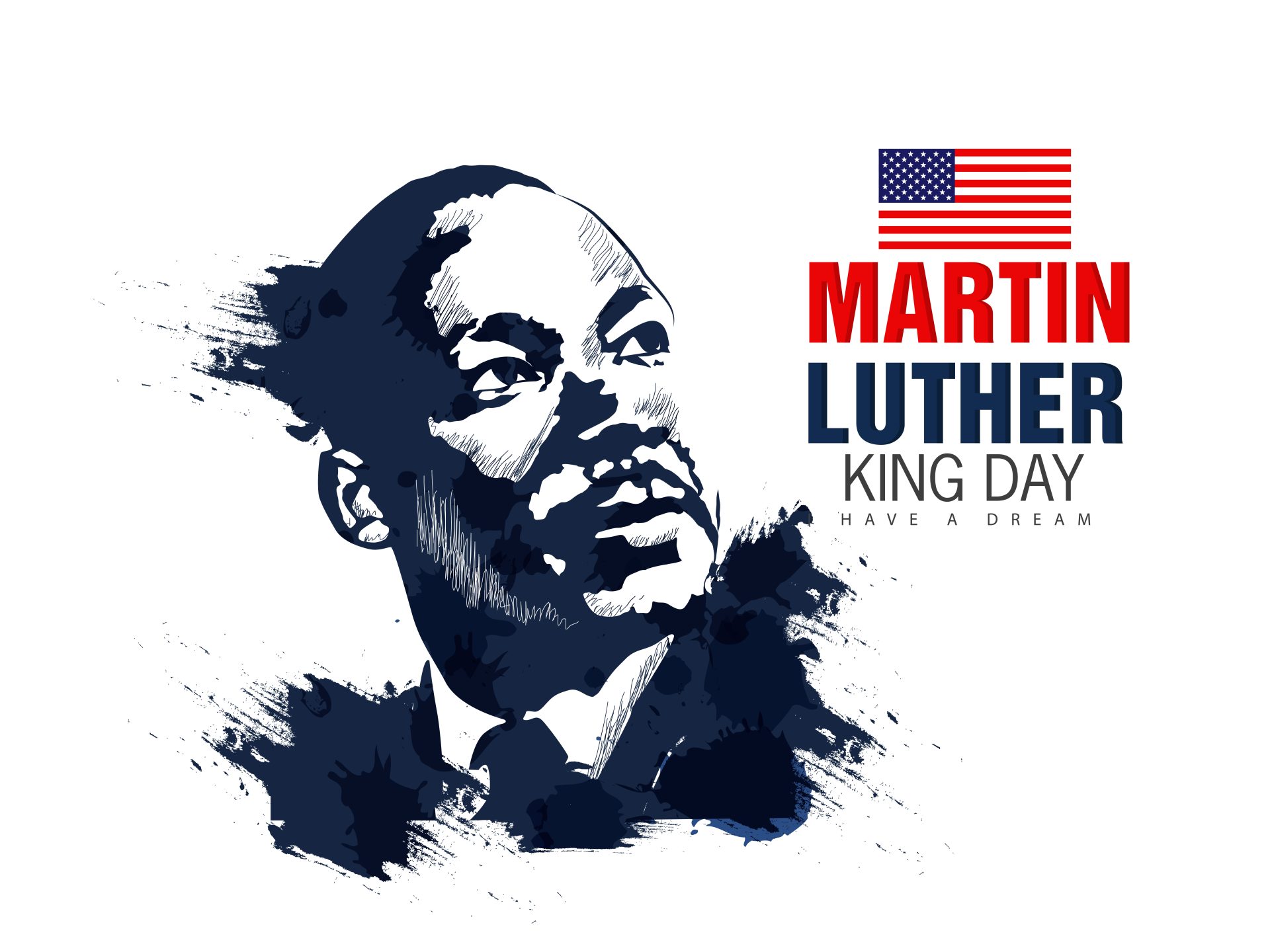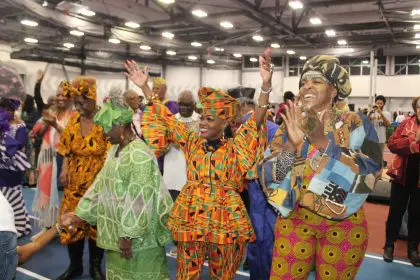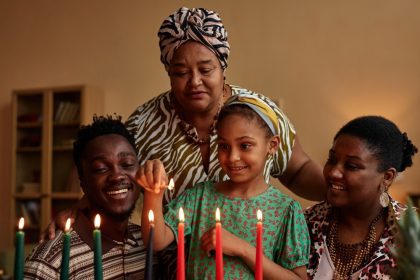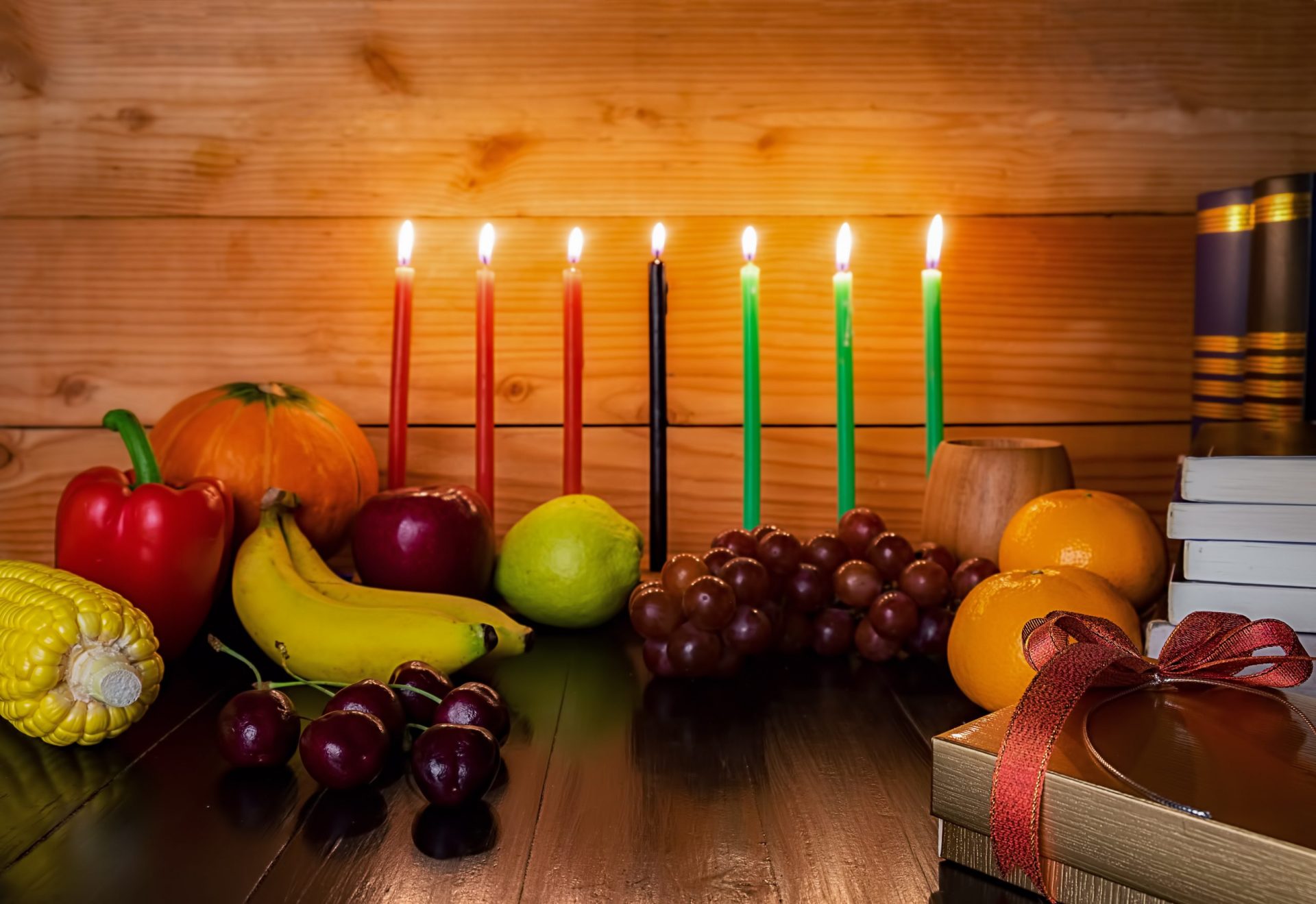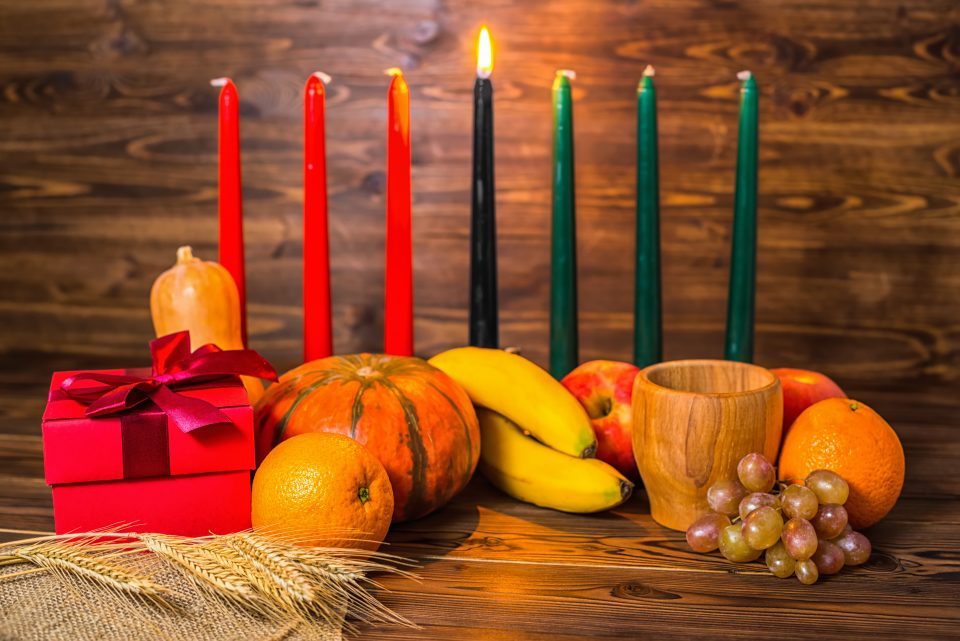
Christmas has ended, which means Kwanzaa has kicked off. Dec. 26 was the beginning of the seven-day holiday, which is known to honor African Americans’ ancestral roots. Jan. 1 will be the last day of the celebration.
Kwanzaa was created in 1966 by Maulana Karenga, who is a Black nationalist and professor of Pan-African studies at California State University. His goal was to offer people of African descent a holiday to celebrate their heritage.
Kwanzaa has seven principles, one for each day, and they all have a special meaning. There is also candle lighting for each day on the kinara, which is a seven-branched candelabra.
Rolling out writer Rashad Milligan will go through each day and explain the principles in more depth.
Umoja means unity.
Kujichaguila means self-determination.
Ujima means collective work and responsibility.
Ujamaa means cooperative economics.
Nia means purpose.
Kuumba means creativity.
Imani means faith.

